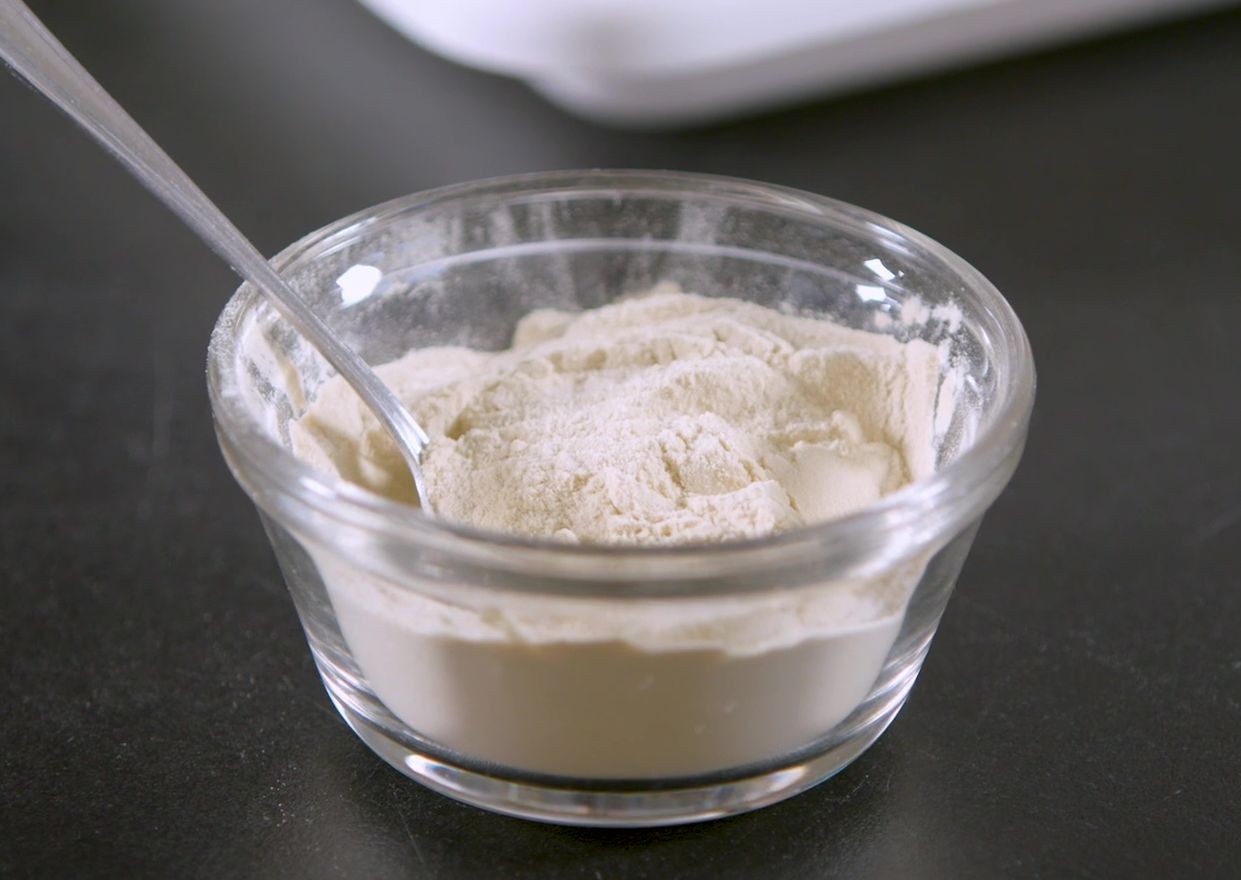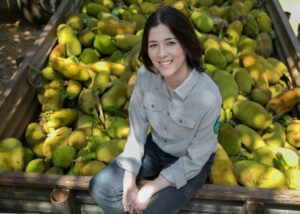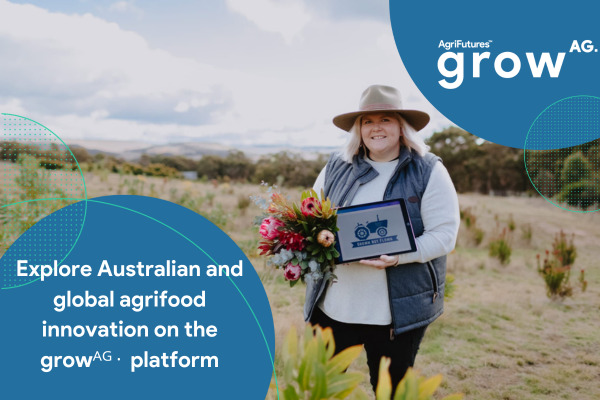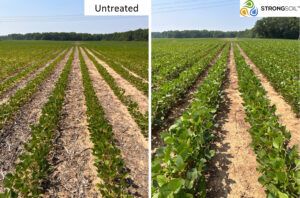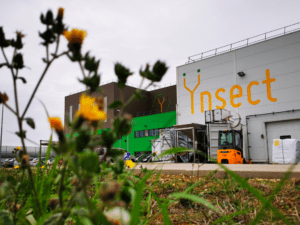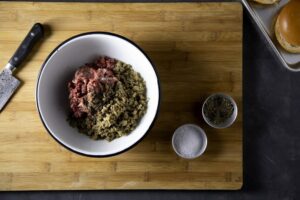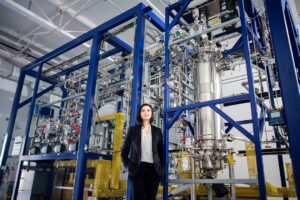Burcon Nutrascience—which has developed patented extraction technology for multiple plant-based proteins—aims to start commercial-scale production in the first half of this year from a facility in Galesburg, Illinois following a partnership with RE ProMan LLC.
Led by Burcon shareholder and board member Johnny Vassallo, a real estate executive based in Texas, RE ProMan LLC has signed an agreement to acquire the facility for an undisclosed sum. The deal is expected to close in late February or early March, he told AgFunderNews.
“I was a Burcon investor and then became a board member. I participated in the capital raises and have been working diligently on trying to find a place for them to do commercial production, whether that was via a co-packing arrangement or an alliance of some kind.”
Burcon has developed “comprehensive plans for facility start-up, raw material procurement, production ramp up, product launch, and sales” and expects to complete installation of proprietary unit operations and begin commercial-scale production of pea, sunflower, and canola proteins in the first half of 2025, he said.
“[Rice ingredients specialist] RIBUS is currently producing at the Galesburg site [which RIBUS acquired in 2020 with partner Innovative Proteins USA] and will continue to do so under this deal,” added Vassallo. “Some friends of mine and I will buy the plant and then Burcon, RIBUS, and maybe a couple others, will manufacture there. Burcon will be the master packer and RIBUS [and potentially others as Burcon scales up] will co-pack under Burcon’s master co packing arrangement.
“Burcon will have first rights on all the time, and so they’ll be able to operate through there and have as much time as they need. We’ll help provide them with the equipment they need, but there’s a trained staff there and the transportation is fantastic, there’s rail, freeways… so all those things we really liked. We also really liked the talent and the worker base there.”
He added: “In addition to buying the plant, we’re committed to putting in an additional $3 million in equipment. We expect that Burcon will be producing a considerable amount of protein in the first half of this year.”
“A dedicated commercial facility gives us a direct path to market for all our protein products, putting us in control of our own commercial production.” Kip Underwood, CEO, Burcon
Profitability and positive cash flow anticipated in 2026
Under the deal, ProMan and Burcon have signed a seven-year term manufacturing agreement during which Burcon will pay ProMan annual production fees. This will subsequently transition to a ten-year lease agreement under which Burcon will lease the facility from ProMan.
First-year sales are projected to be $1 – 3 million, with double digit revenue expected in year two. Gross margins are expected to top 50% as capacity utilization increases, with profitability and positive cash flow anticipated in 2026.
According to a press release shared by Burcon in late November, the company is “building a robust sales pipeline, with over 80 prospective customers currently evaluating its protein ingredients.” After receiving commercial samples of Burcon’s hemp and canola proteins, “a number of prospective customers have advanced to late-stage product trials,” added the firm.
“With a production facility, Burcon anticipates accelerating new protein launches and streamlining its sales process to capture a larger share of the multi-billion-dollar protein ingredient market.”
Pea protein production capacity in North America
North American pea protein production capacity has been expanding rapidly in recent years with PURIS opening a plant in Dawson, Minnesota; Ingredion opening a facility in Nebraska; ADM opening a plant in North Dakota; Roquette opening a plant in Manitoba, Canada, and Louis Dreyfus Co announcing a new plant in Saskatchewan due to come online later this year.
While some of these producers say they have been badly hit by cheap imports from China being sent to the US at bargain basement prices, hefty preliminary duties on certain Chinese pea protein imports recently instituted by the US Dept of Commerce have changed the landscape, claimed Vassallo.
“We believe there’s a market for these proteins [from US producers] and we believe in the quality of the proteins that Burcon’s innovative processes can deliver in terms of better, cleaner, higher purity, more blendable proteins that I think that people will pay a premium for. On sunflower protein, we will be best in class.”
Meanwhile, tariffs on Canada and China would make US-produced plant proteins “even more competitive,” he claimed (assuming the raw materials can be sourced from US growers).
Asked if he had looked at the vacant Merit Functional Foods facility in Winnipeg, Canada, which receiver PriceWaterhouseCoopers (PwC) has been trying to sell since Merit went bust in March 2023, he said: “We just couldn’t get there on a deal although we would have very much liked to work on something there.”
He added: “I think the Merit plant [in which Burcon was a key investor] would have gone smashingly. It was just horrible timing with COVID [the plant opened in early 2021] and some other things, and time is money. Customers liked the product, but Merit just ran out of time.”
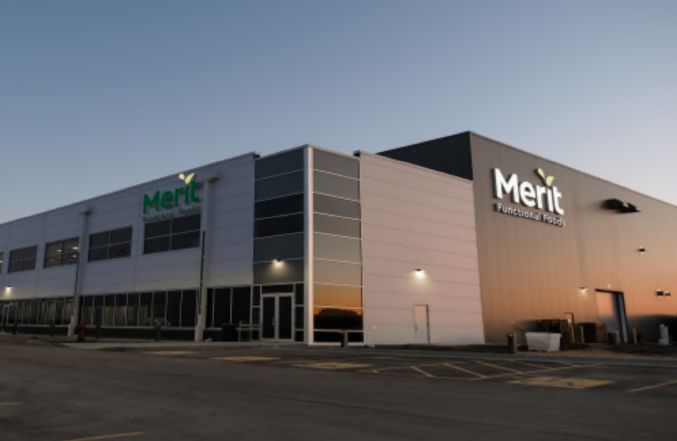
Interest in Merit Functional Foods plant remains ‘meaningful,’ says receiver
His comments came as receiver PwC said interest from potential acquirers in the Merit plant in Winnipeg remained “meaningful” and that it “expects to be in a position to close a transaction in the coming months.”
According to PwC’s latest report on the sales process: “The receiver entertained a number of expressions of interest and conducted a number of site visits throughout 2024, with the most recent site visits occurring on November 28 and December 9. While these have not resulted in any executed APAs (asset purchase agreements), the receiver continues to communicate and negotiate with parties expressing interest in acquiring the plant.”
PwC has asked the court for the authority to borrow another CAD$2 million to pay for expenses including property insurance, which is CAD$1.5 million a year, one retail investor with a small stake in Burcon told AgFunderNews.
“All told, that would bring its expenses for managing Merit’s receivership to $9 million. The Merit creditors support the request, which I assume would be repaid with proceeds from the sale of the plant. All of which makes me wonder whether they would have been better off giving Merit more leeway to keep the plant running and build a customer base instead of foreclosing on them and racking up $9 million in expenses while the plant sits idle. But hindsight is 20/20, right?”
Why did Merit Functional Foods go bust?
In a LinkedIn post in Feb 2023, Merit Functional Foods co-CEO Ryan Bracken blamed factors from higher raw materials costs and rising interest rates to the “risk appetite from lenders and/or investors drying up” and “commissioning of a novel product taking 12 times longer than promised” for the firm’s financial difficulties.
Merit co-CEO Barry Tomiski, however, laid the blame squarely at a flood of cheap imports from China. According to Tomiski, Chinese companies have been dumping high protein content (HPC) pea protein on the Canadian market, subsidized by the Chinese government, making it impossible for domestic producers to compete.
“We were constantly coming up against low-priced competition from China,” said Tomiski. “The market had become hooked on these low-priced imports, making it essentially impossible for us to break in. This is notwithstanding that we were offering a superior product.”

